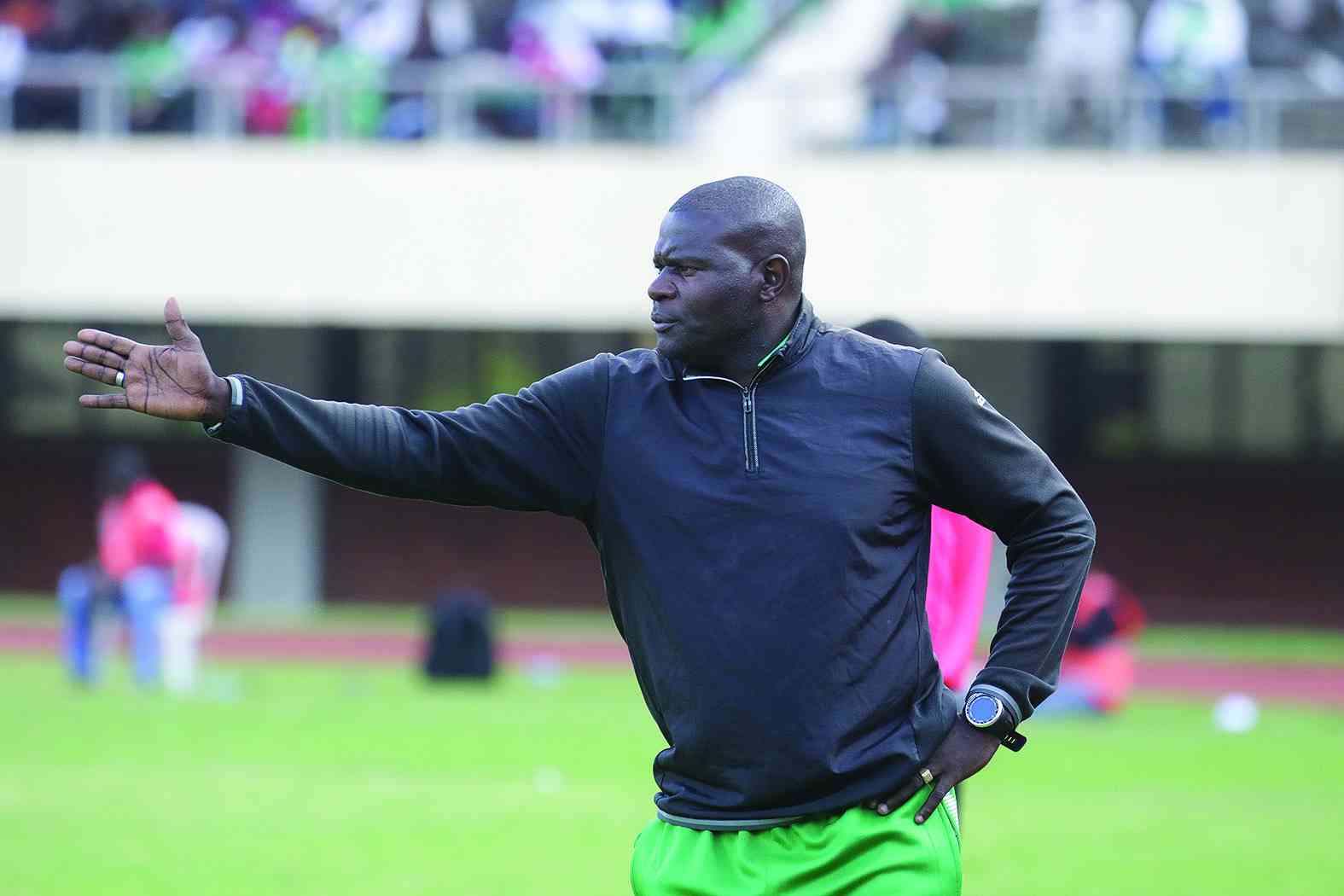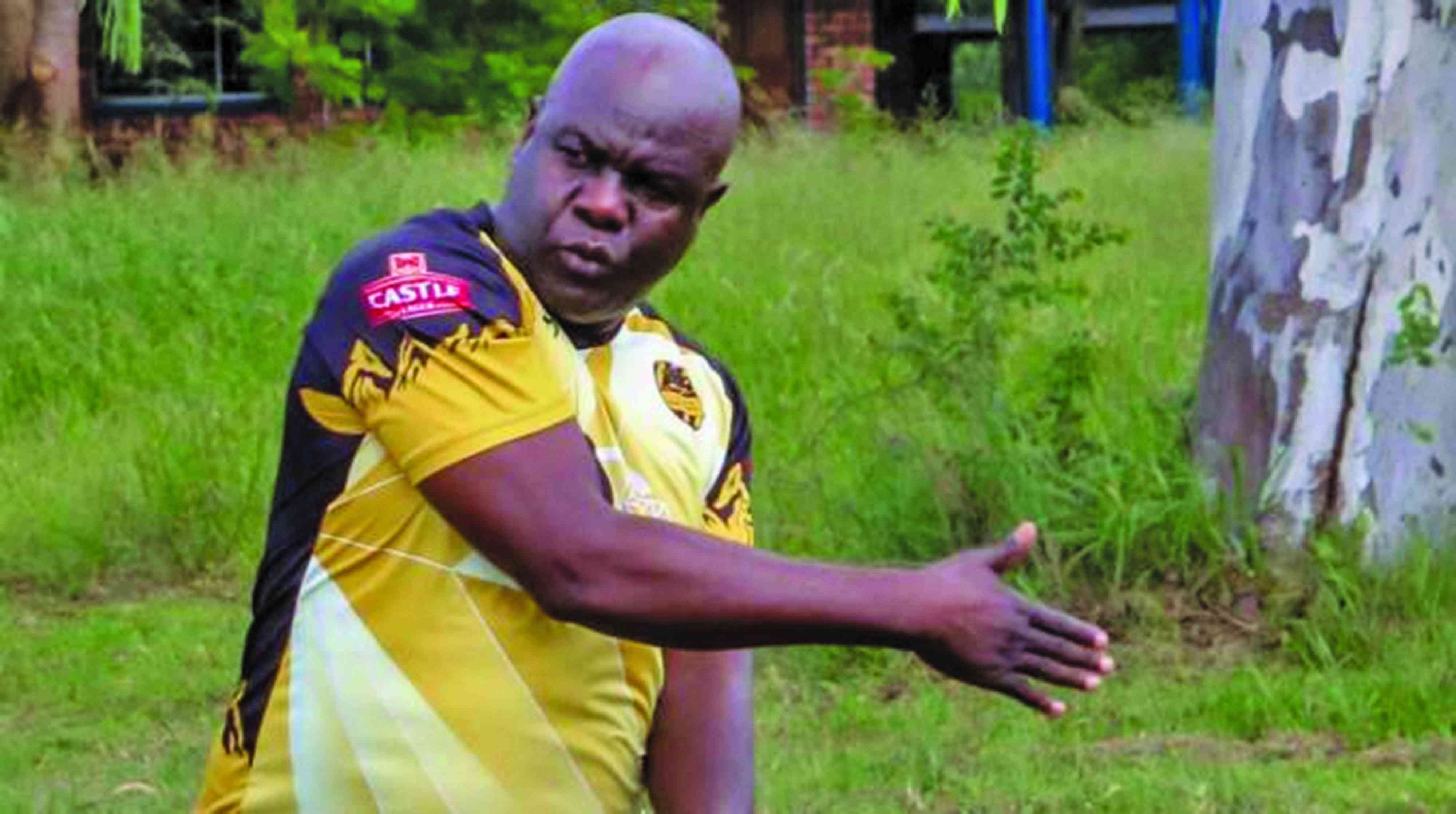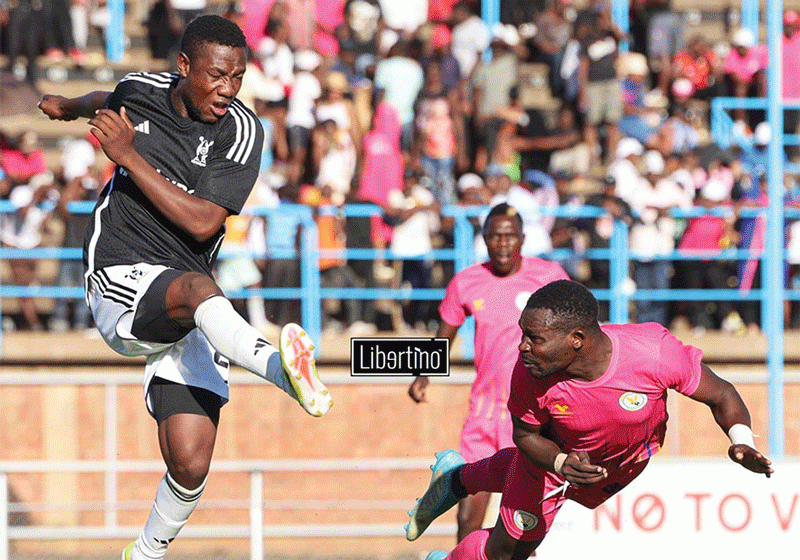
BY HENRY MHARA
THE Premier Soccer League (PSL) will start implementing anti-doping policies in the league this year, which will see players being randomly tested for banned drugs and substances.
Doping in sport is the consumption of banned substances and performance-enhancing materials designed to improve performance.
Speaking at a workshop organised by the PSL for all league teams’ doctors and other medical personnel, the league’s spokesperson Kudzai Bare said: “We have invited all team doctors from PSL clubs as well as ambulance services representatives to share knowledge and expertise regarding football medicine. It’s vital for the health of our players, their lifestyle and for the success of the league. It’s important that we take care of the health needs of players first before we go forward.”
Sports medicine experts Nick Munyonga and Edward Chagonda are conducting the workshop.
“They have touched on a number of issues, including nutrition, doping, player psychology and their lifestyle on and off the field, among other things, to ensure that the people that are on the ground (team doctors) regarding the health of our players are well equipped to deal with those issues.”
The PSL will randomly pick players from at least 10 league matches during the season for testing.
Testing will be done through either blood or urine samples, or sometimes both, with those who fail the drug test likely to face bans.
- Chamisa under fire over US$120K donation
- Mavhunga puts DeMbare into Chibuku quarterfinals
- Pension funds bet on Cabora Bassa oilfields
- Councils defy govt fire tender directive
Keep Reading
“It’s work-in-progress and in terms of timelines, I can’t give when exactly we are starting, but it’s something that we are planning to do,” Bare said.
Chagonda said: “We have been talking about doping tests, but we haven’t conducted any in Zimbabwe sport or in competition doping. We are discussing here about doping and current trends in management of football-related illnesses and injuries.
“We want to educate the doctors that the players can’t be attended by any other doctor that is not trained in sports medicine. We have had a case of a player that was given a banned substance by his general practitioner and was sanctioned from playing football.”
This is the first time that anti-doping will be implemented in the local league.
The only other time it was done was in 2014, when Devon Chafa tested positive for a banned substance before the 2014 World Cup qualifier between Zimbabwe and Egypt. He got a six-month ban.











